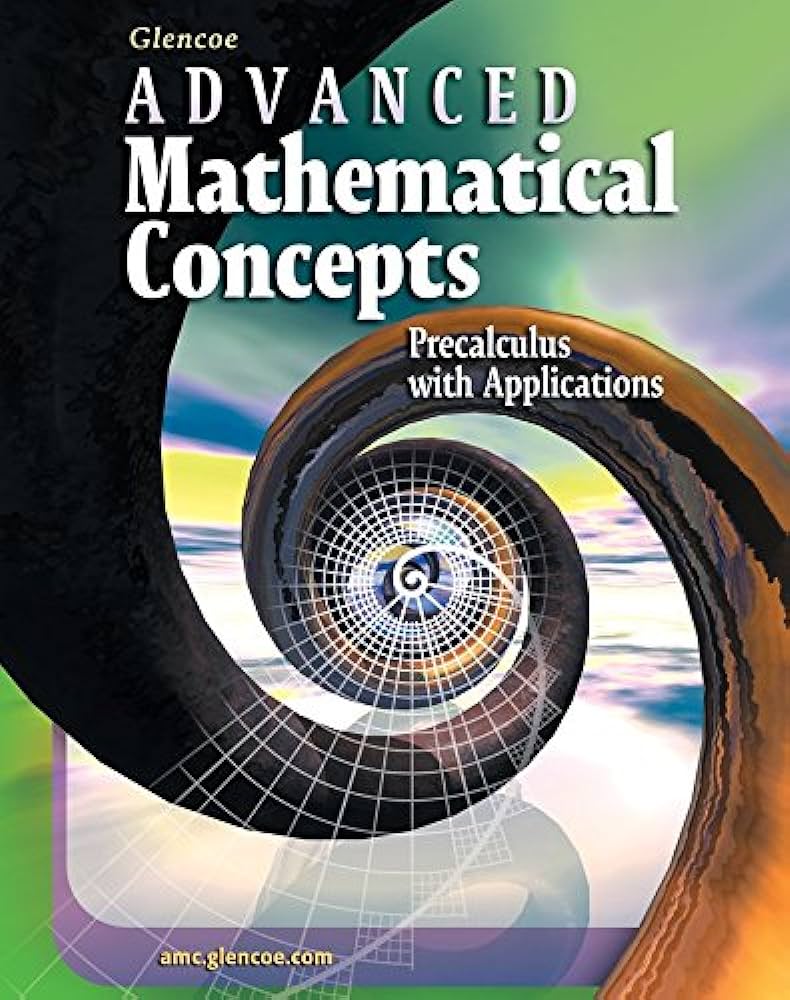
Unveiling MathScale: Revolutionizing Mathematical Reasoning with AI
By Lucas Hargreaves
 AI and Math
AI and Math
Artificial Intelligence (AI) continues to push boundaries, and the latest breakthrough comes from China with the introduction of MathScale. This innovative approach, developed by researchers from The Chinese University of Hong Kong, Microsoft Research, and Shenzhen Research Institute of Big Data, aims to revolutionize mathematical reasoning datasets’ scalability and quality.
The realm of large language models (LLMs) has seen significant advancements in problem-solving tasks. However, the complexity of mathematical reasoning has posed challenges, particularly in multi-step reasoning scenarios. The introduction of Instruction Tuning has shown promise in enhancing LLM capabilities, but the scarcity of datasets for mathematical reasoning has been a limiting factor.
Addressing the Need for Comprehensive Datasets
MathScale presents a novel solution by extracting high-level concepts from existing math questions, creating a concept graph to establish connections between these concepts, and generating new questions based on these connections. This method not only scales dataset size but also significantly enhances LLM performance in mathematical problem-solving.
 Conceptualizing Math
Conceptualizing Math
A key highlight of MathScale is the introduction of MWPBENCH, a comprehensive benchmark that evaluates mathematical reasoning capabilities across various difficulty levels. This benchmark ensures a consistent and fair assessment of LLM performance, showcasing the effectiveness of MathScale in improving dataset quality and LLM capabilities.
The Method Behind MathScale
The dataset generation process of MathScale follows a systematic four-step approach. It leverages GPT-3.5 to extract high-level concepts from existing math questions, constructs a concept graph to visualize concept connections, utilizes a random walk algorithm to sample topics and knowledge points, and generates new math questions based on these sampled concepts.
Outperforming the Competition
MathScale sets itself apart from existing models such as LLaMA-2 7B, LLaMA-2 13B, and Mistral 7B on the MWPBENCH dataset. With a micro average accuracy of 35.0% and a macro average accuracy of 37.5%, MathScale-7B surpasses equivalent-sized counterparts by a significant margin. Even on out-of-domain test sets like GaokaoBench-Math and AGIEval-SAT-MATH, MathScale-7B demonstrates superior performance.
In conclusion, MathScale represents a significant leap forward in the realm of mathematical reasoning datasets and LLM capabilities. By addressing the scalability and quality challenges inherent in mathematical datasets, MathScale paves the way for enhanced AI-driven problem-solving in the field of mathematics.















